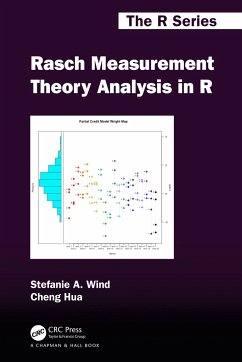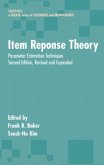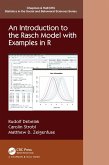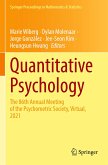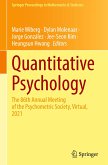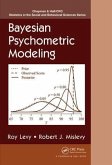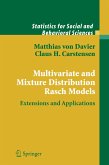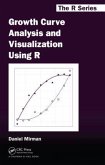Provides researchers & practitioners with a step-by-step guide for conducting Rasch measurement theory analyses. It includes theoretical introductions to major Rasch measurement principles and techniques, demonstrations of analyses using several R packages that contain Rasch measurement functions, and sample interpretations of results.
Over 60 years ago, Georg Rasch introduced a fundamentally new way of viewing measurement theory into the social sciences. His approach to invariant measurement provides the opportunity to achieve sample-free calibration of items and item-free measurement of persons. His research remains the gold standard for developing psychometrically sound assessments. Stefanie A. Wind and Cheng Hua introduce Rasch's fundamental ideas to students, researchers, and practitioners using readily available software in R that facilitates the quest for invariant measurement.
-George Engelhard, University of Georgia
-George Engelhard, University of Georgia

